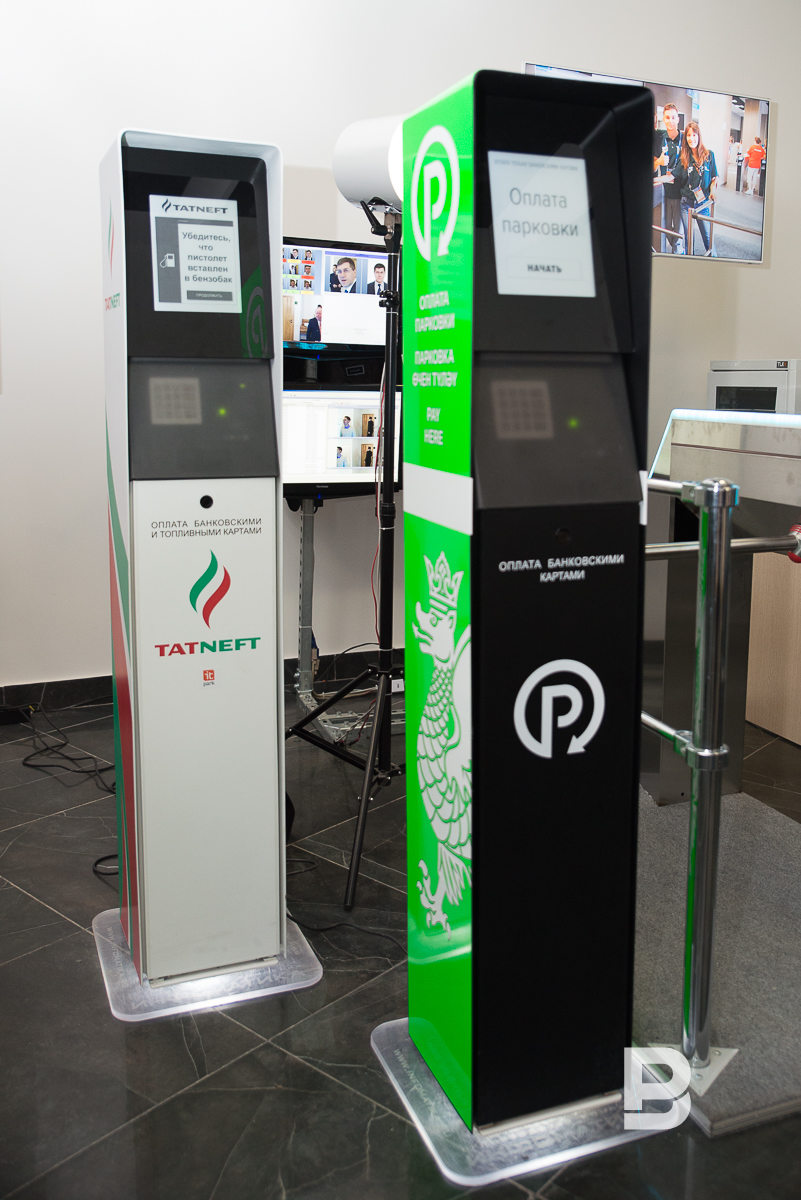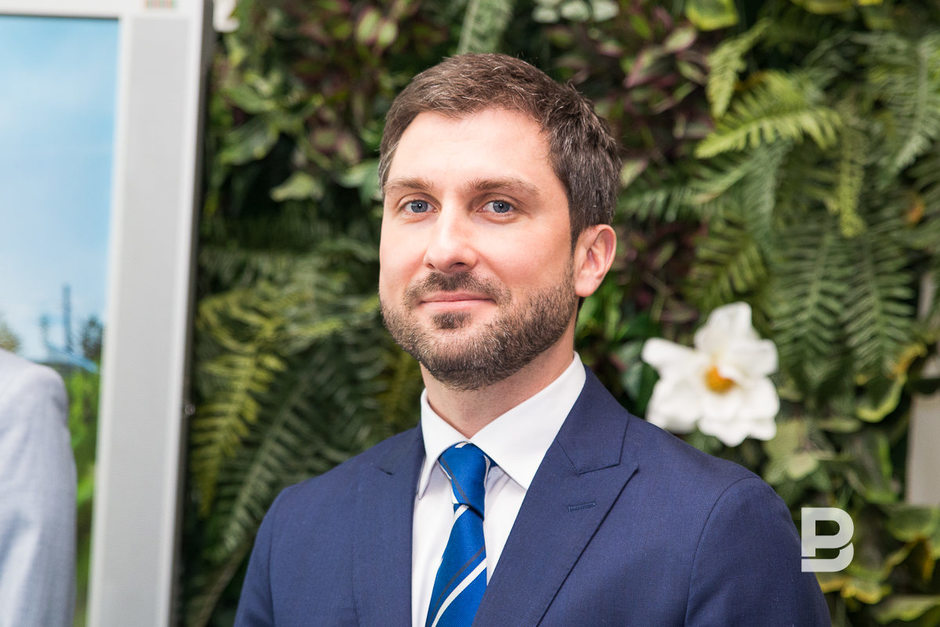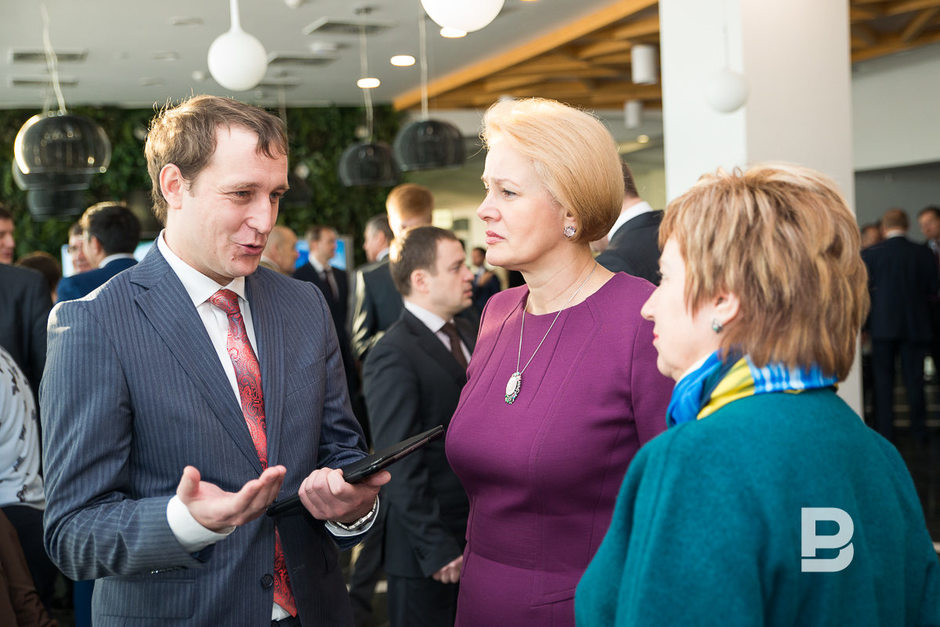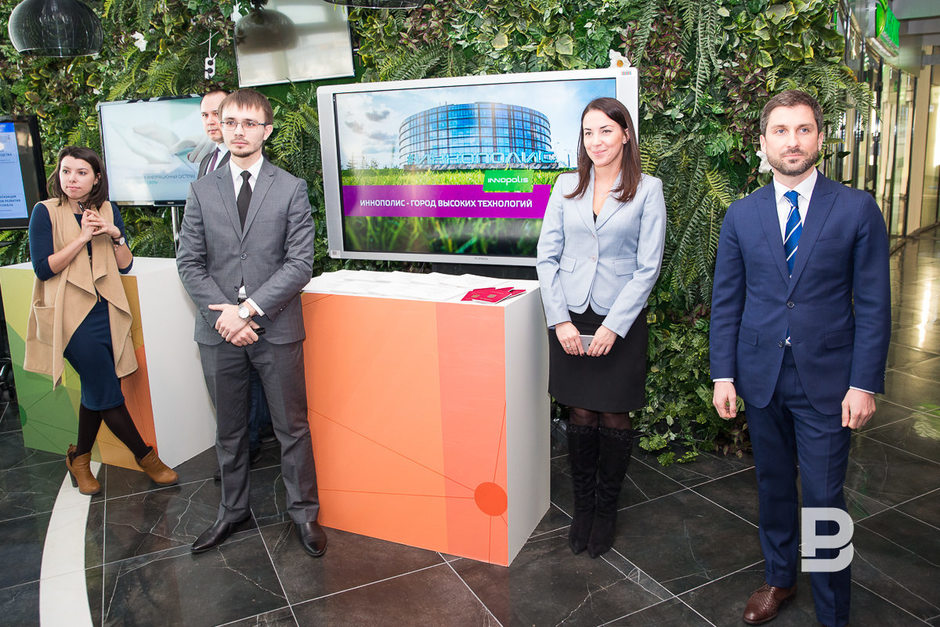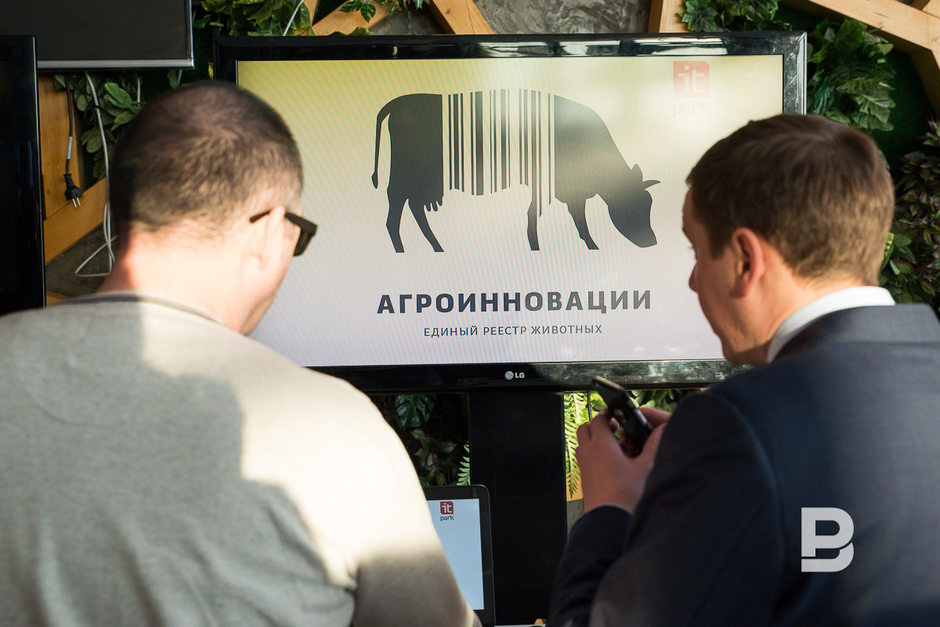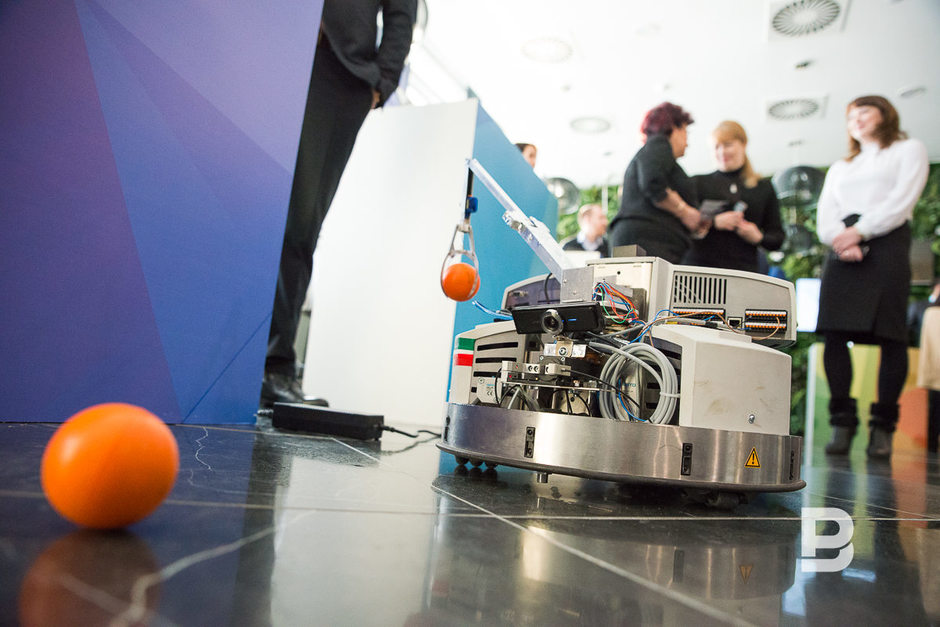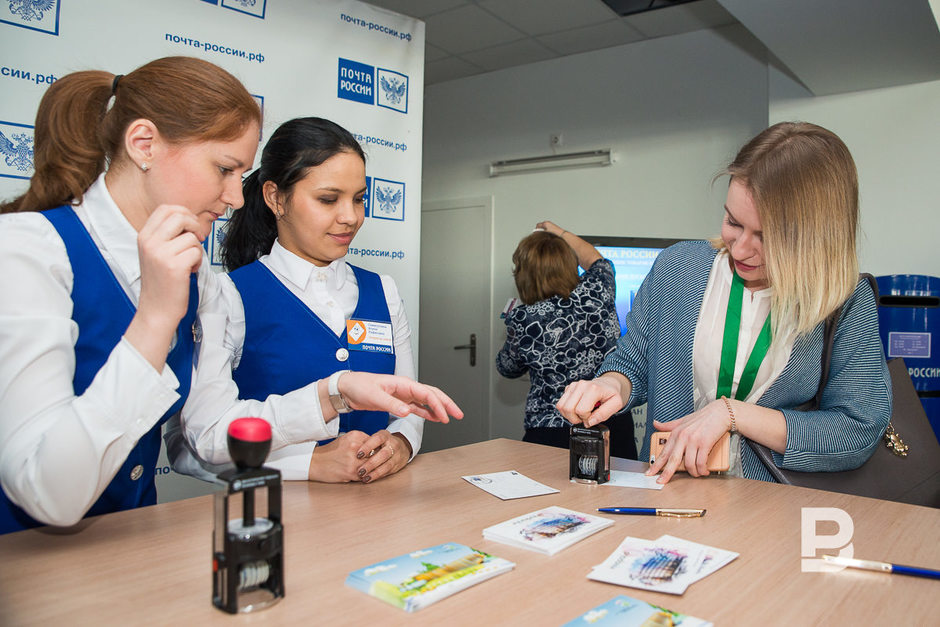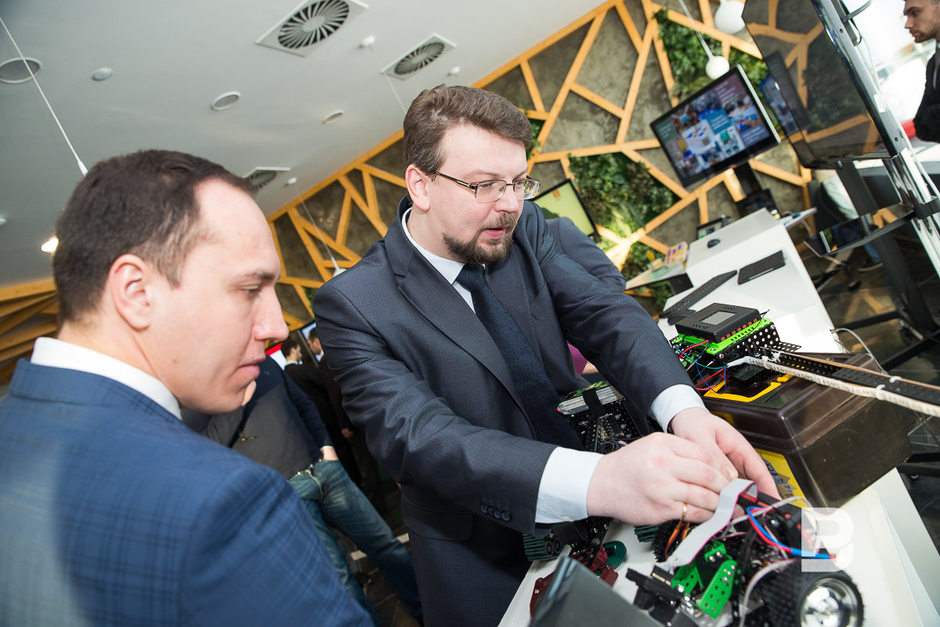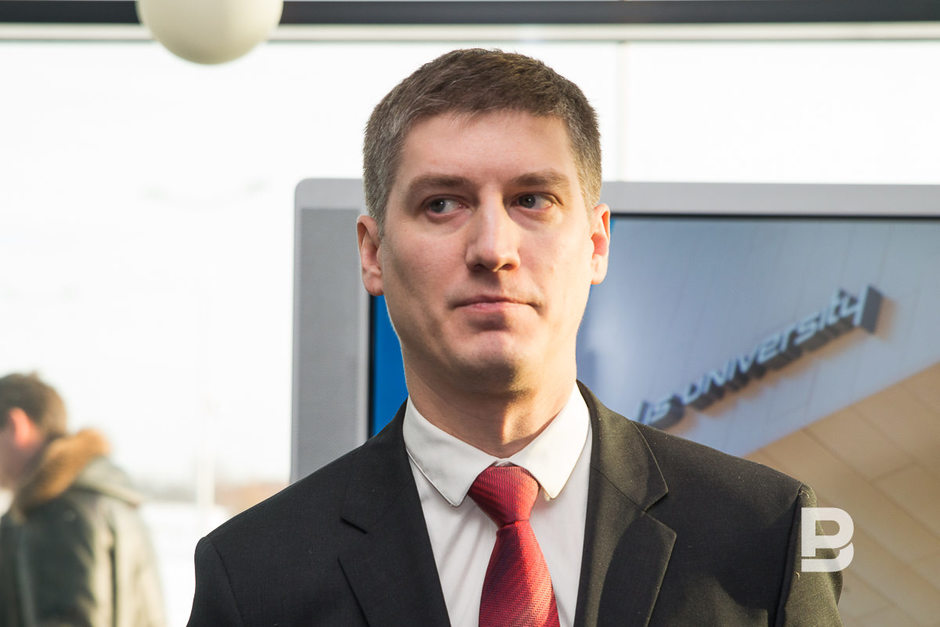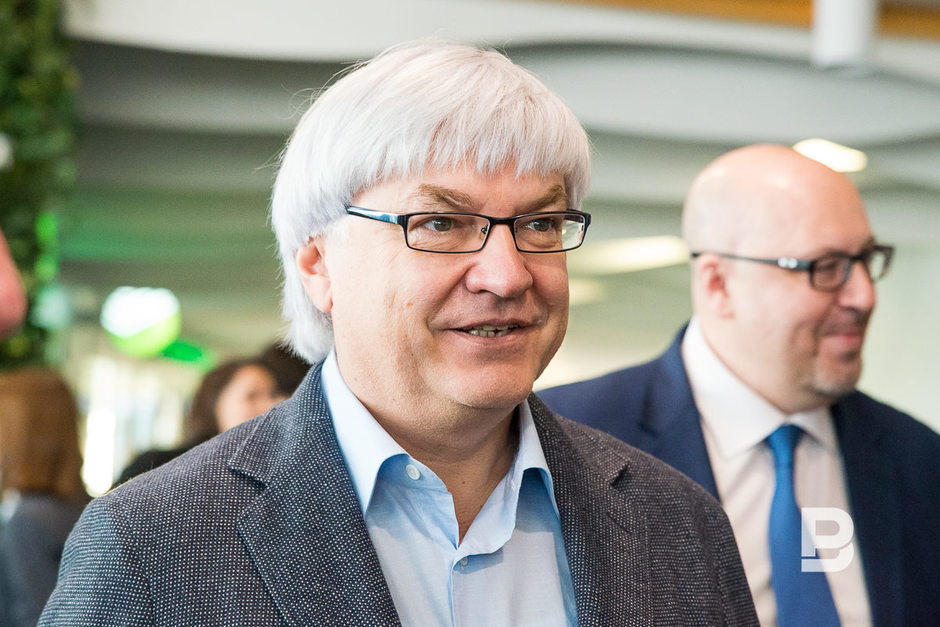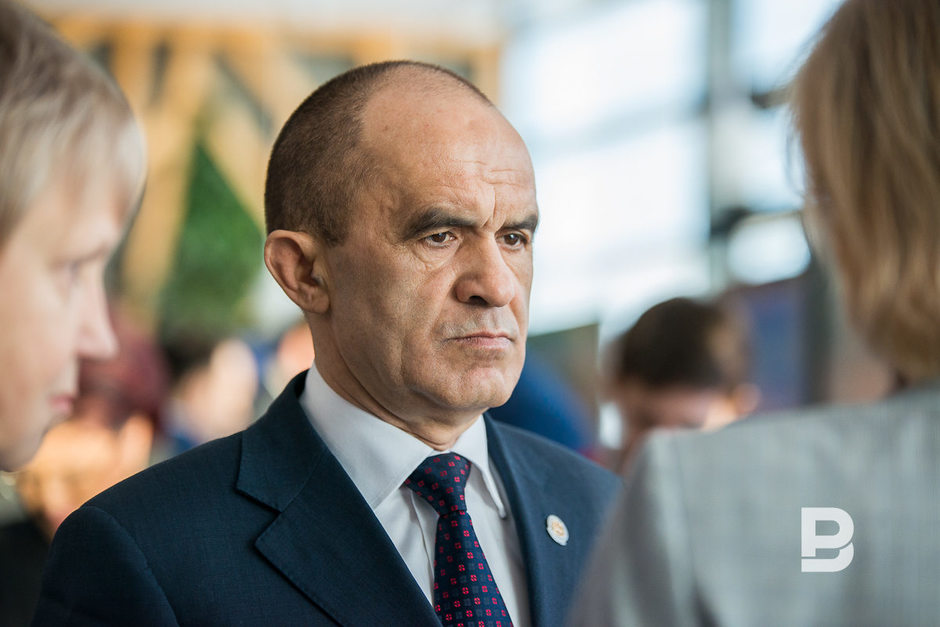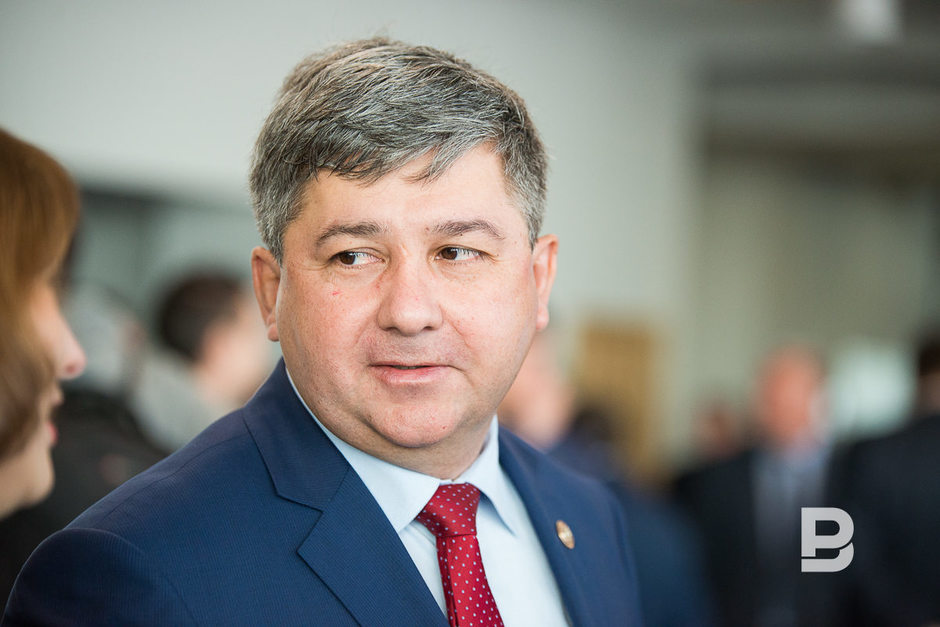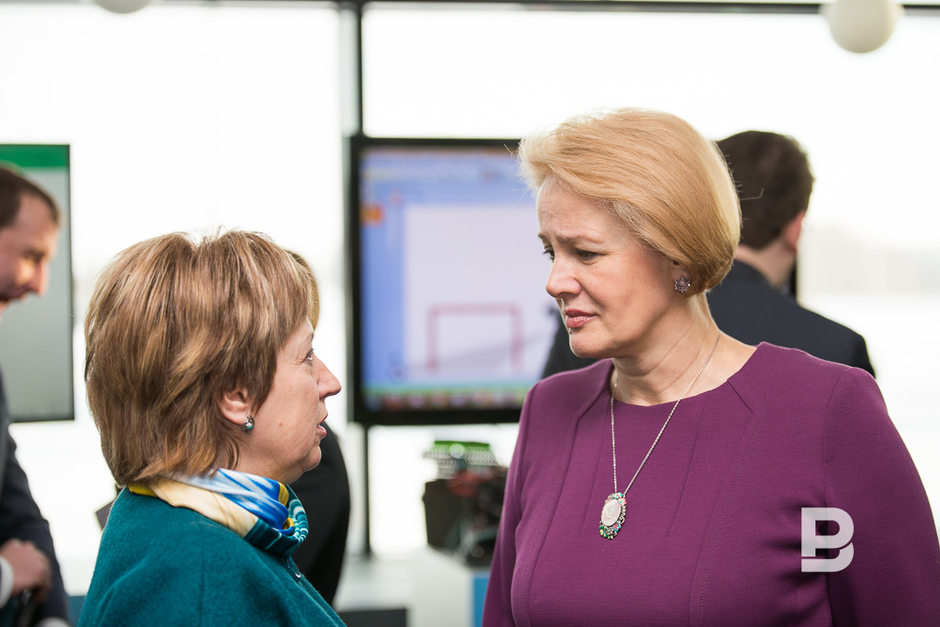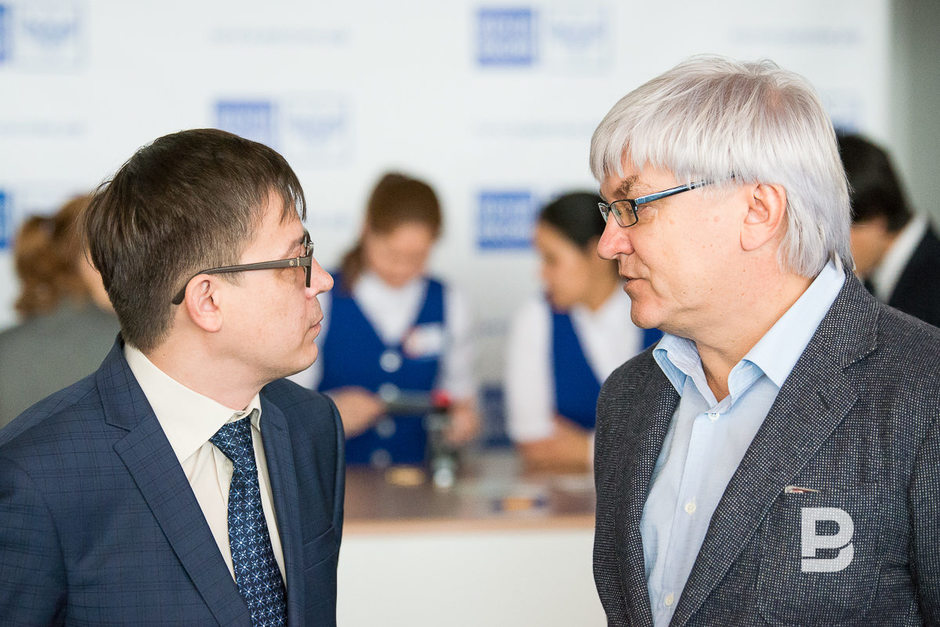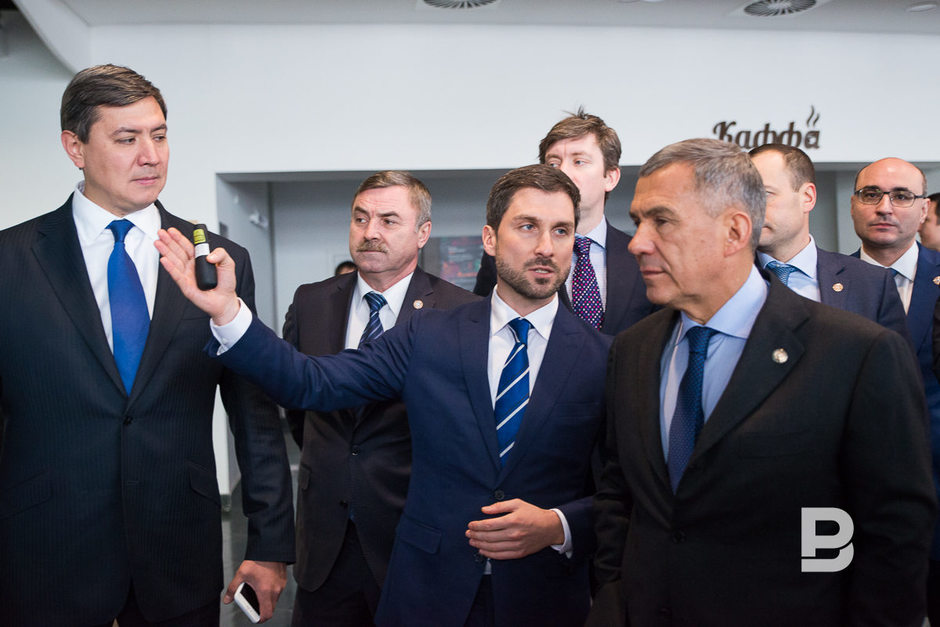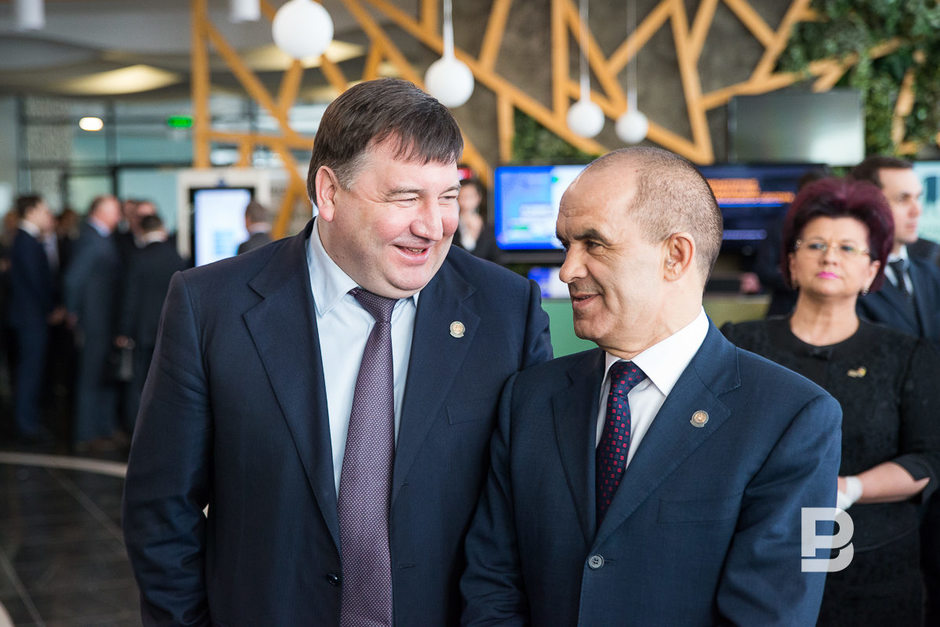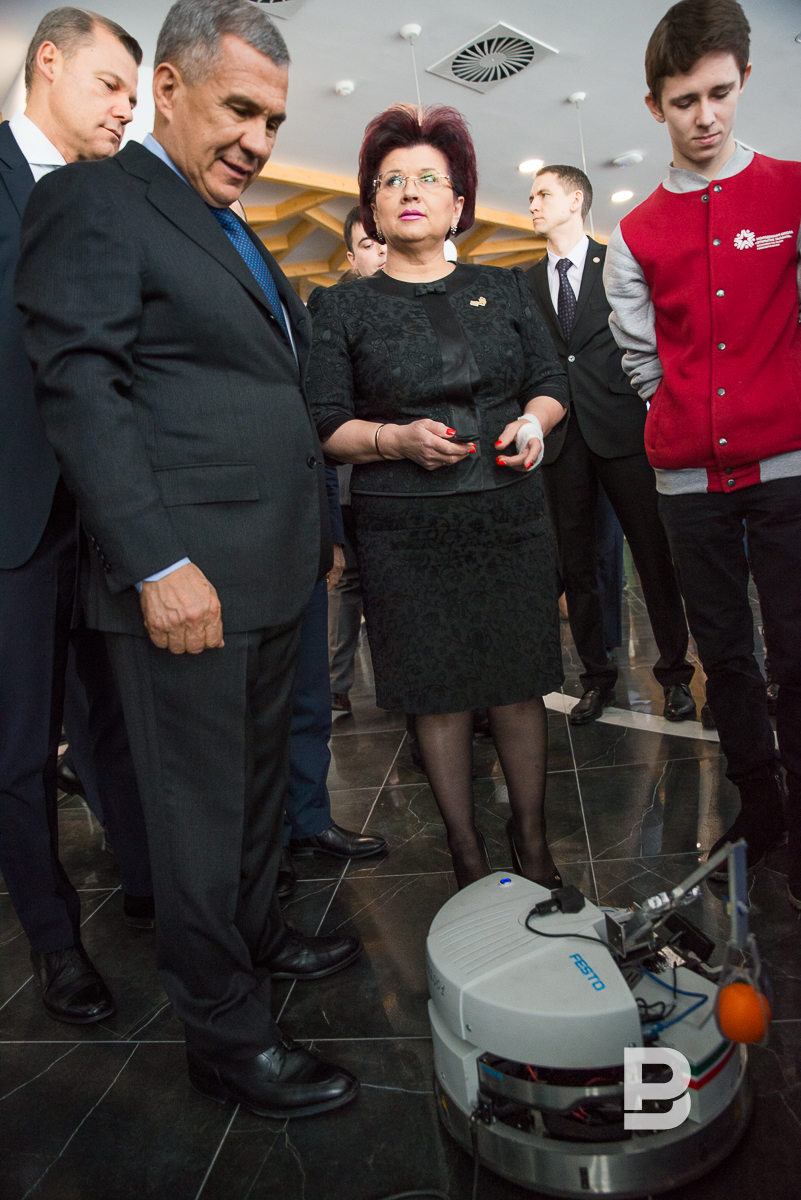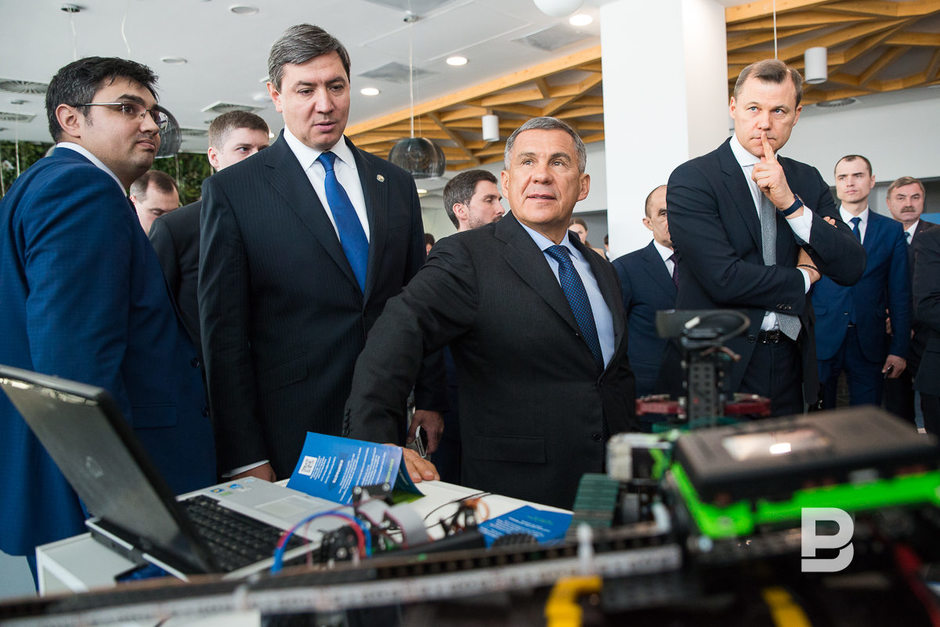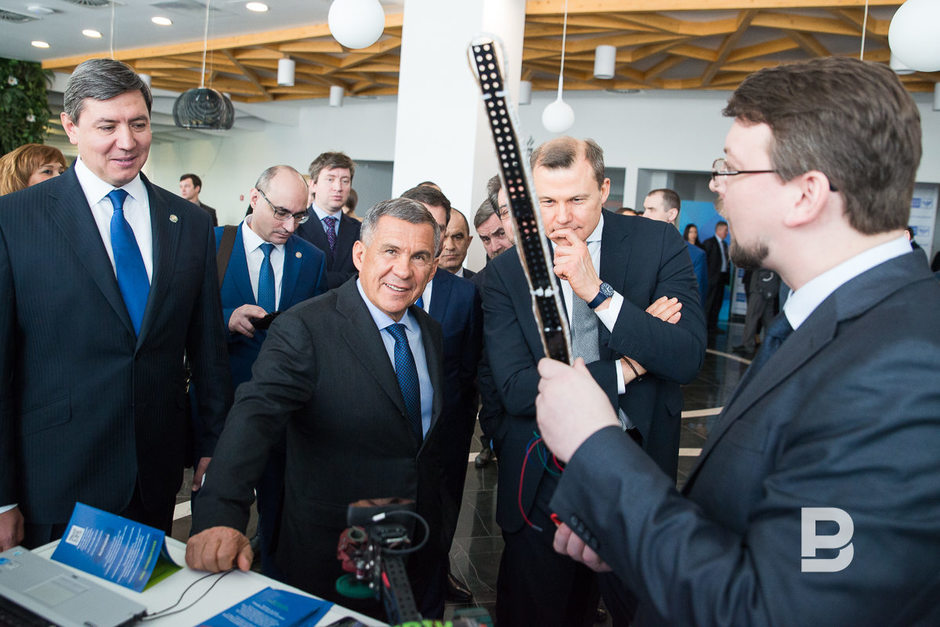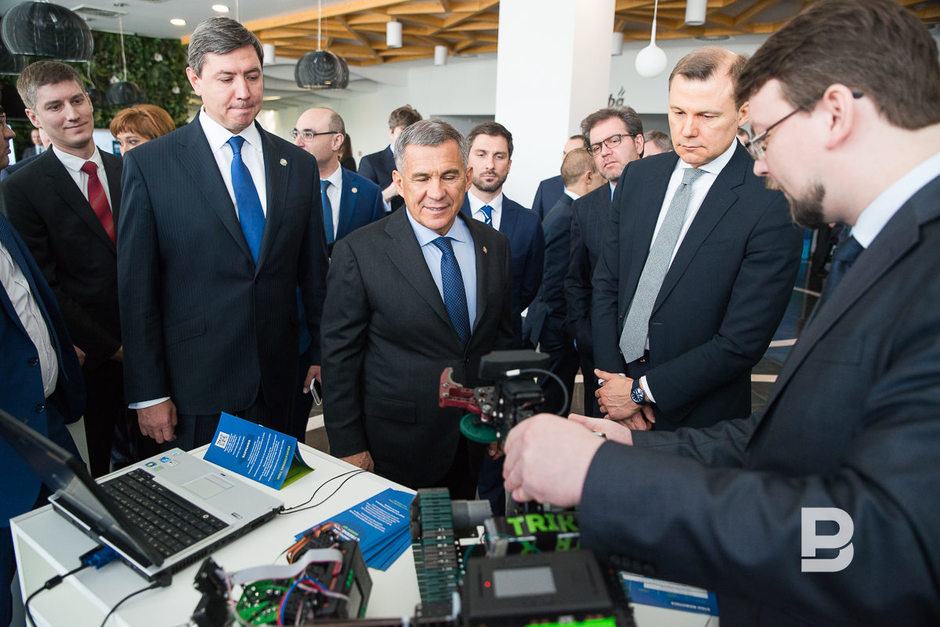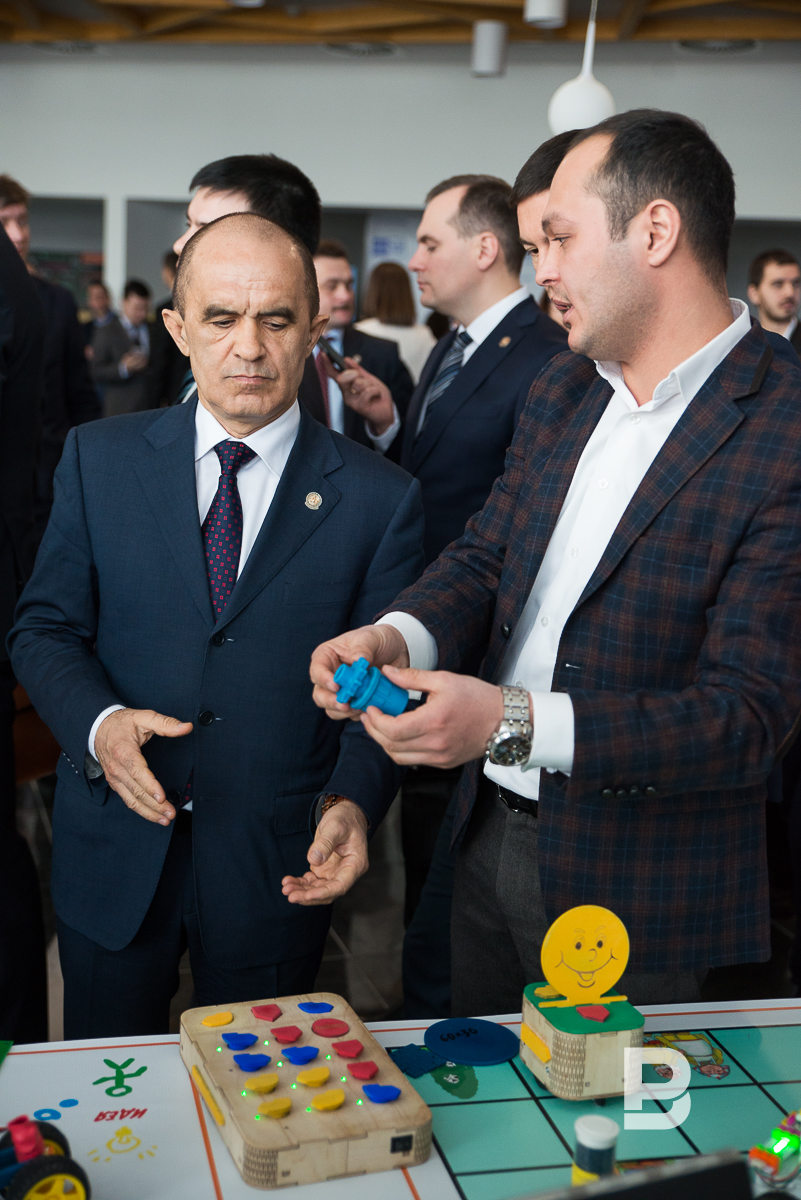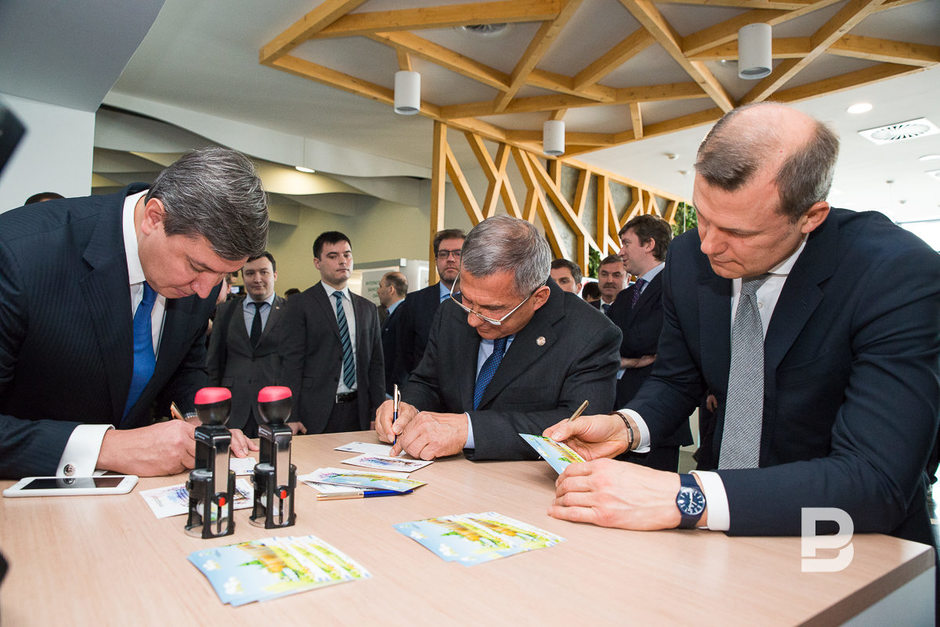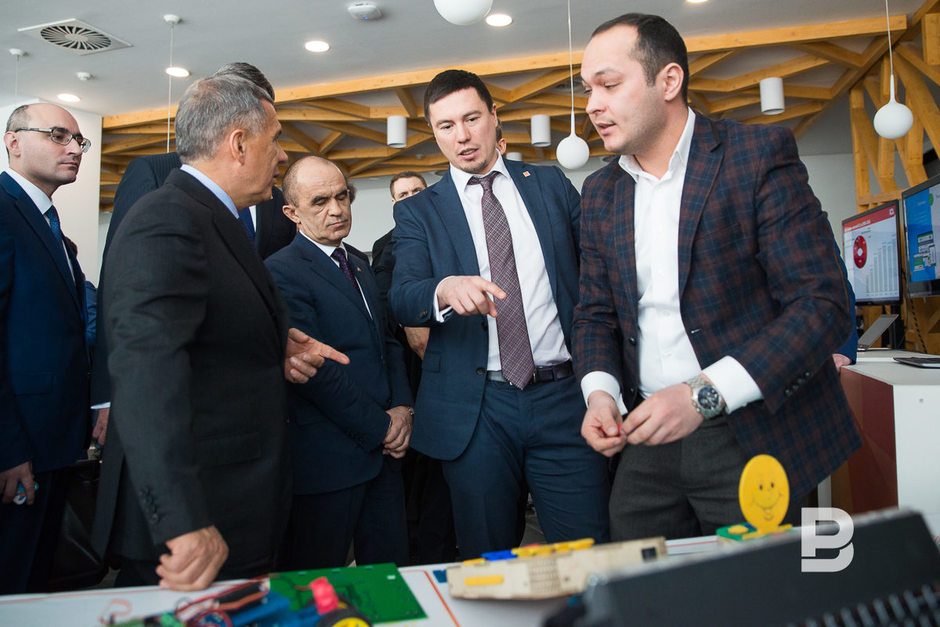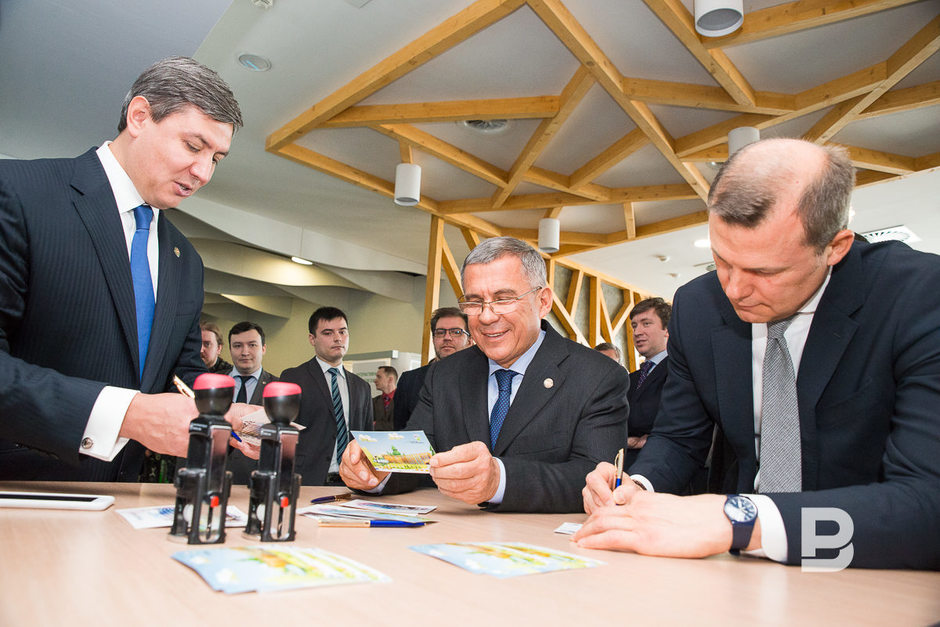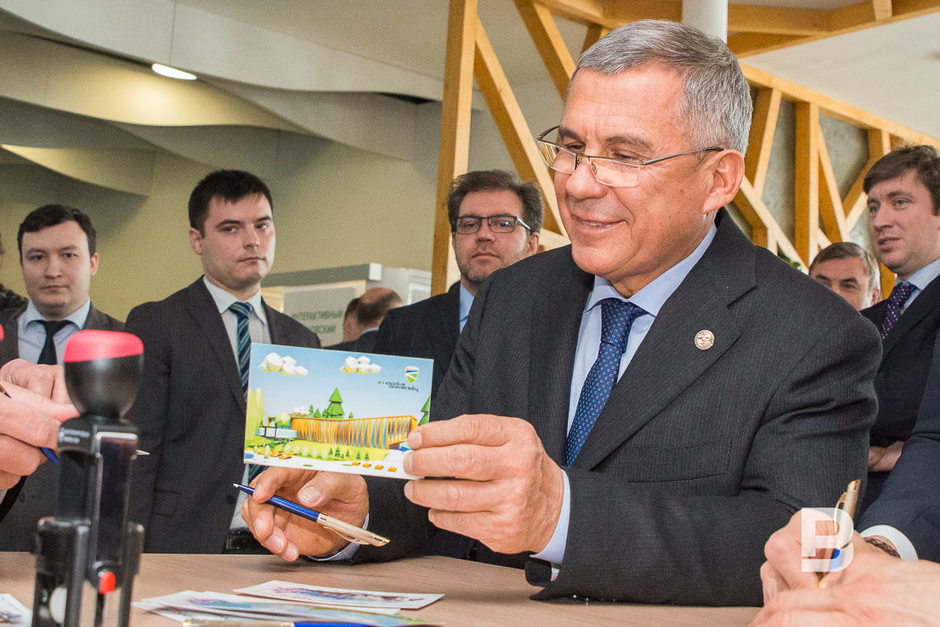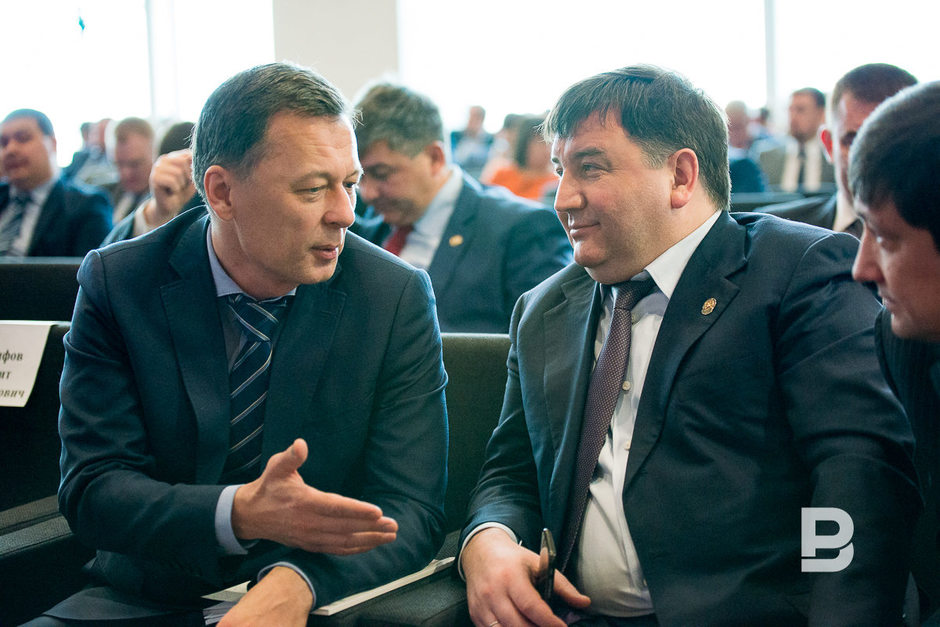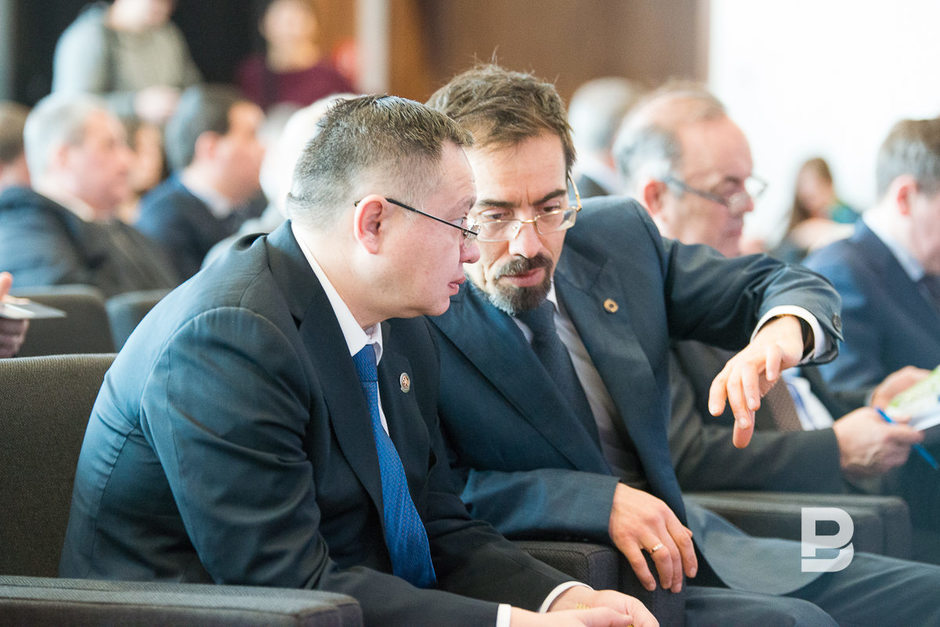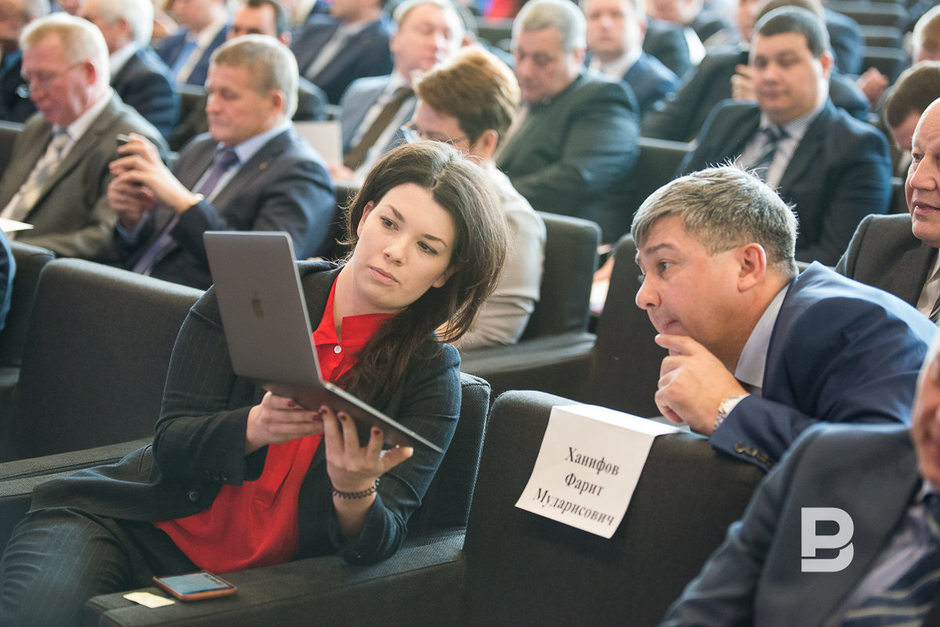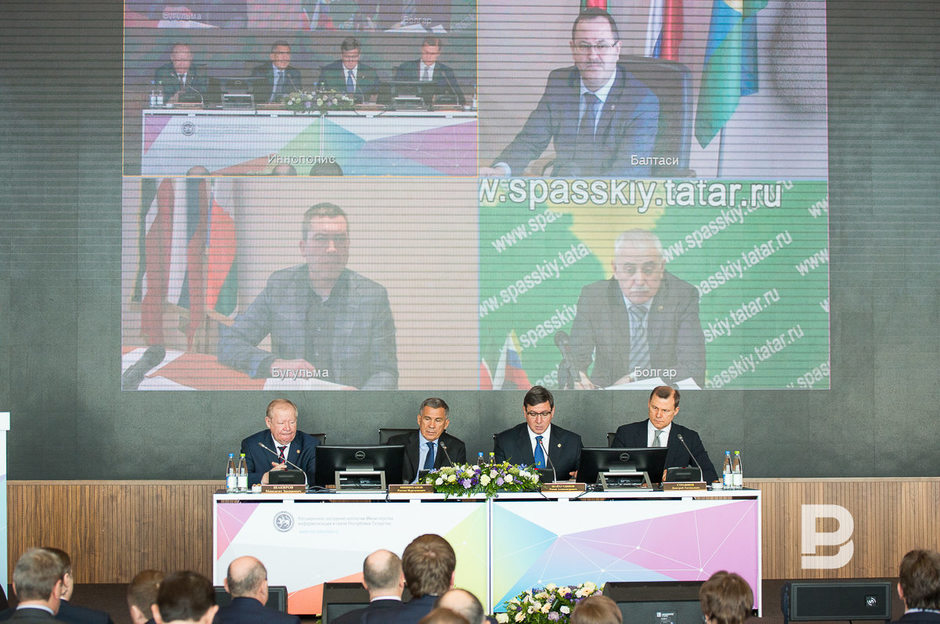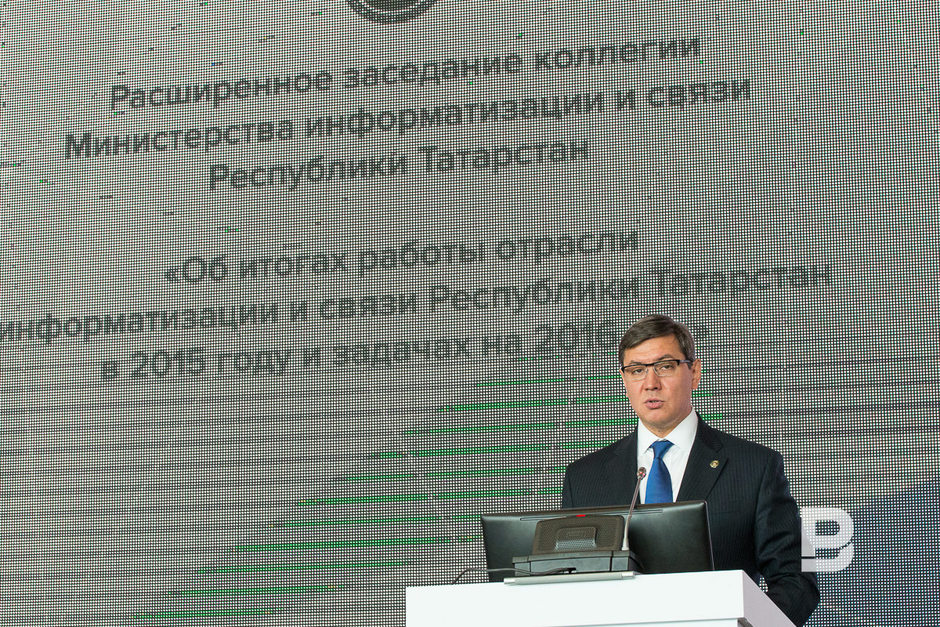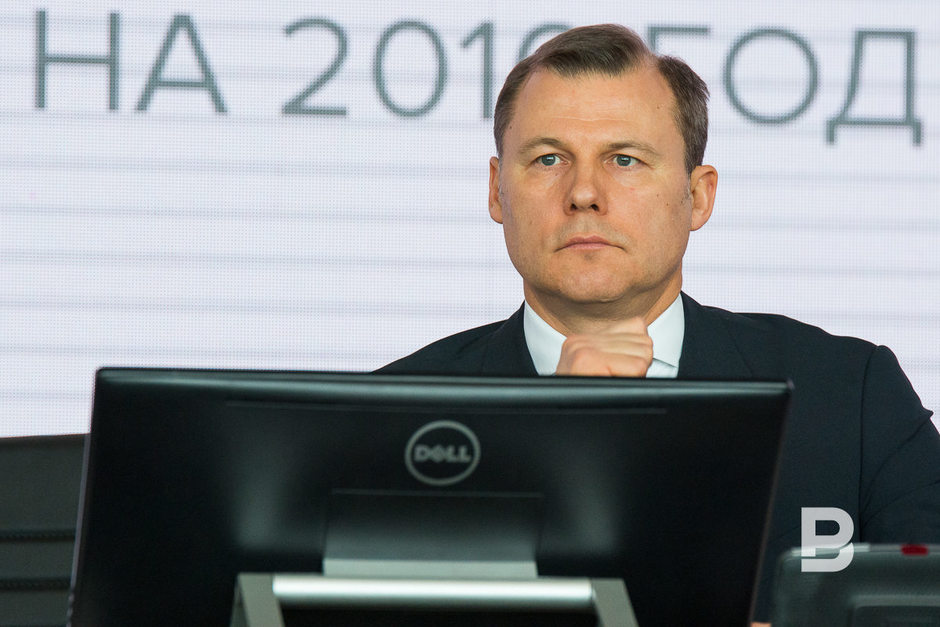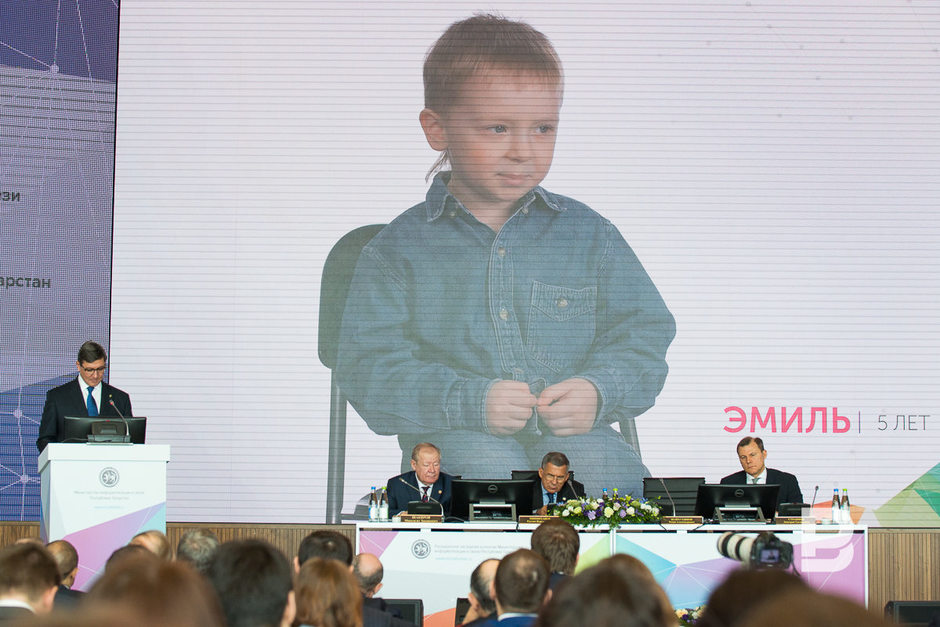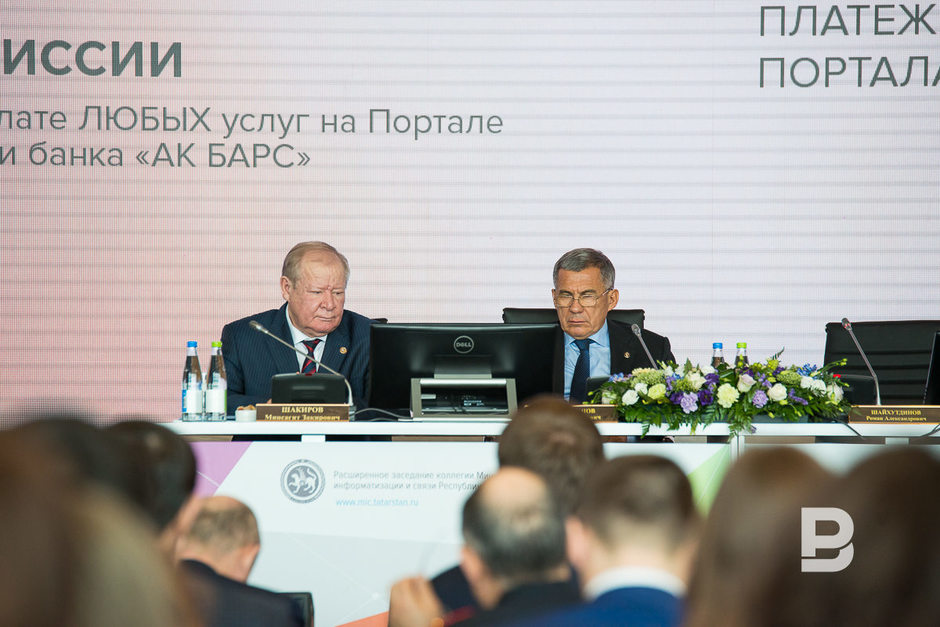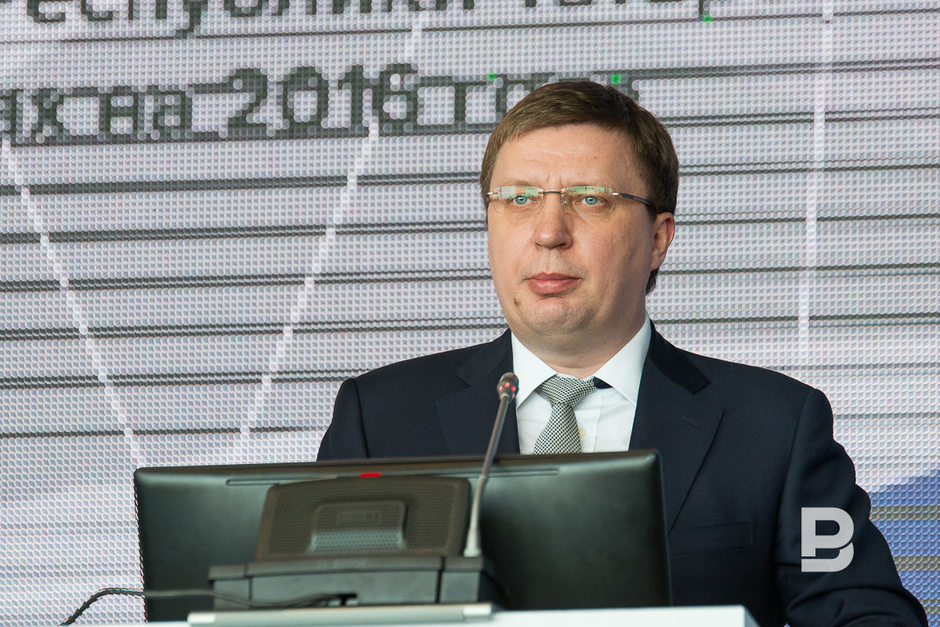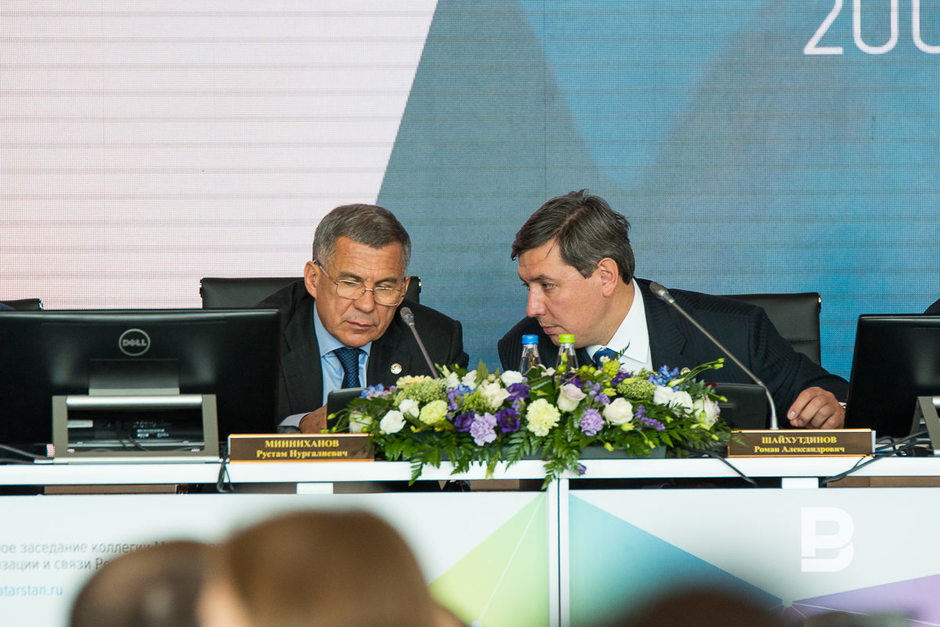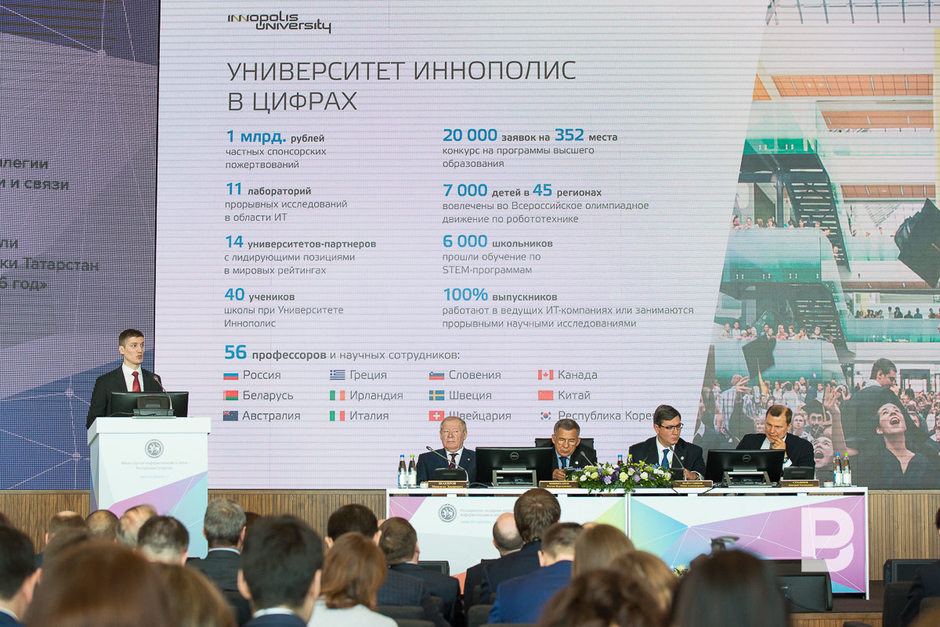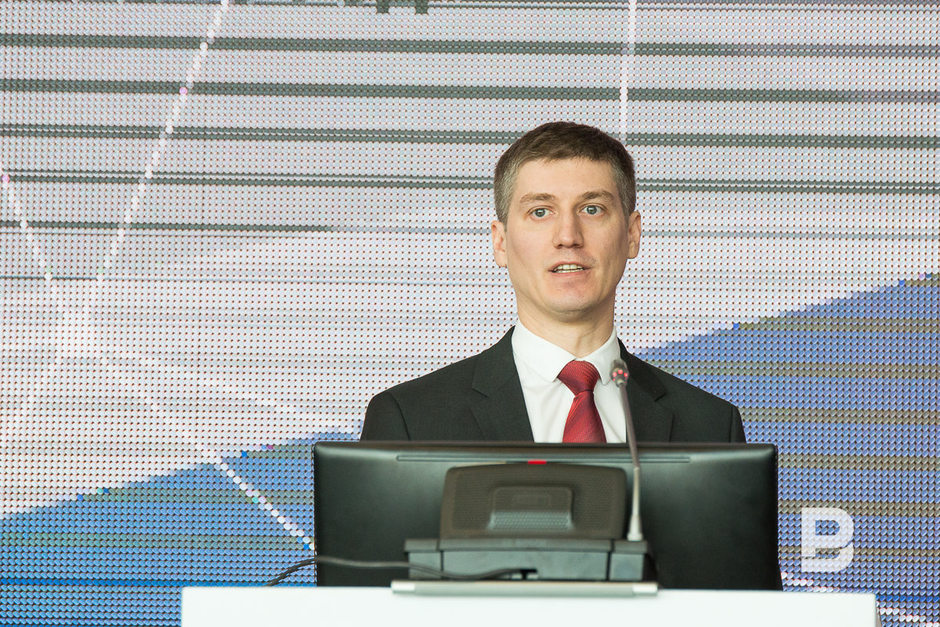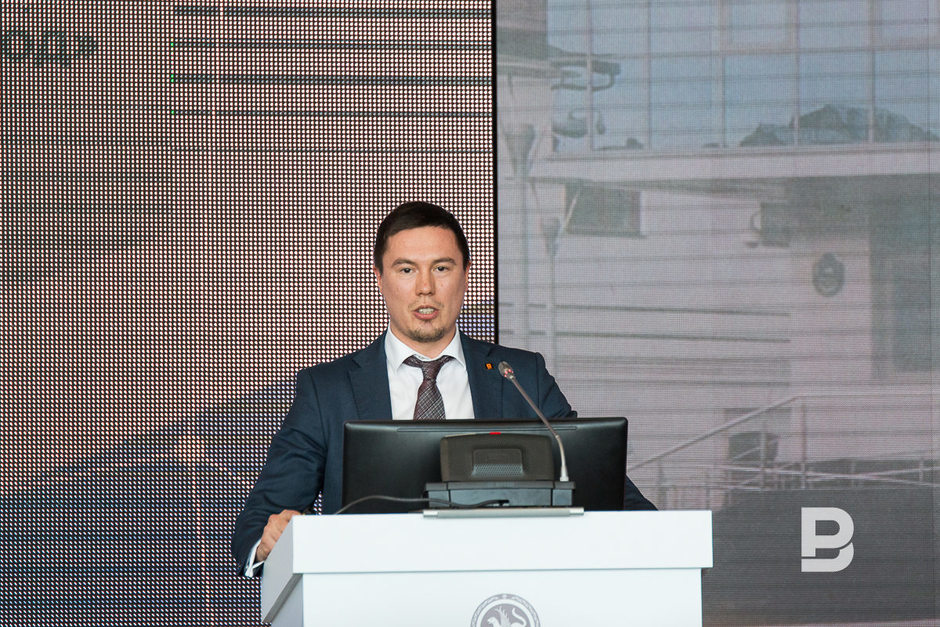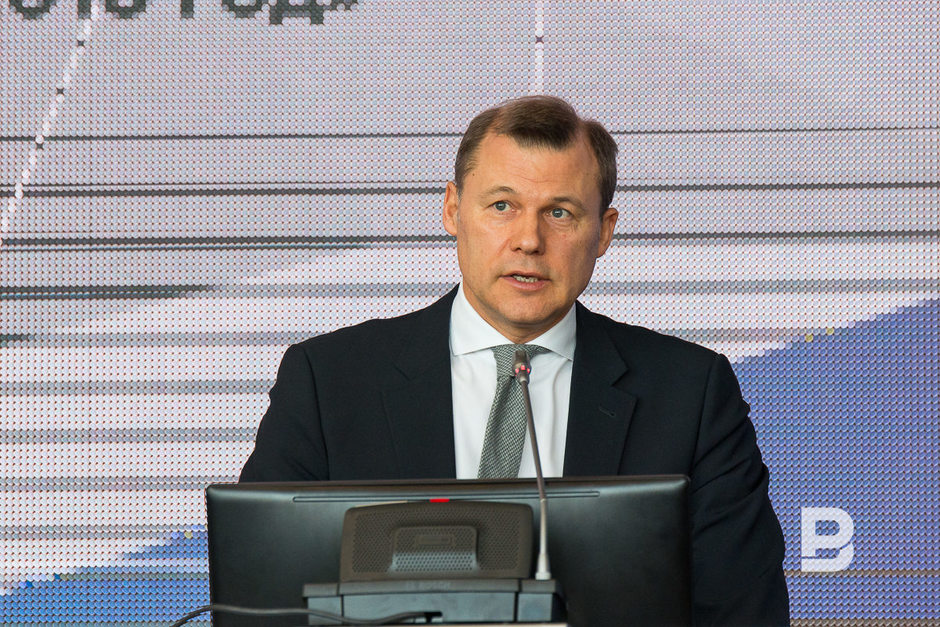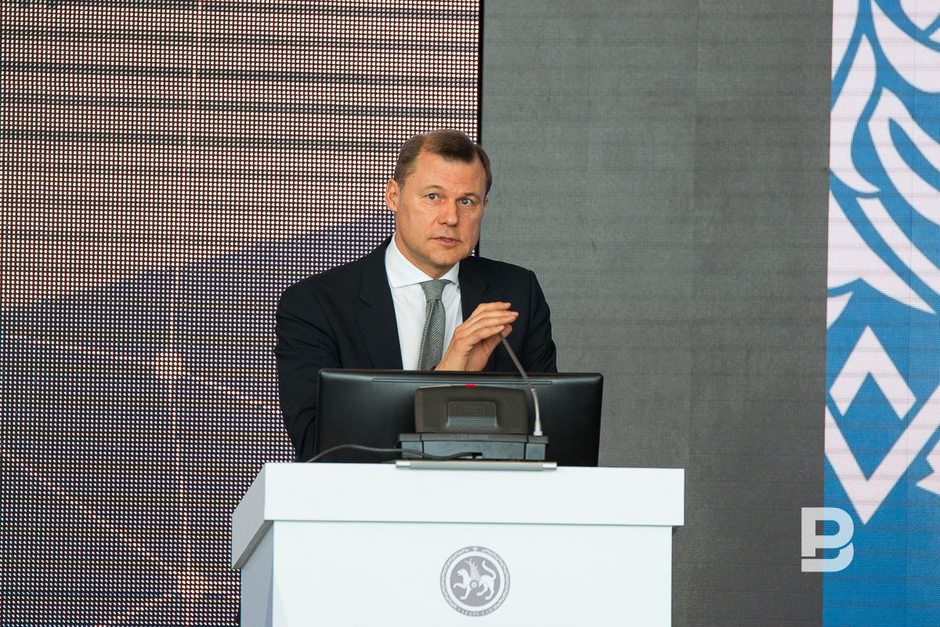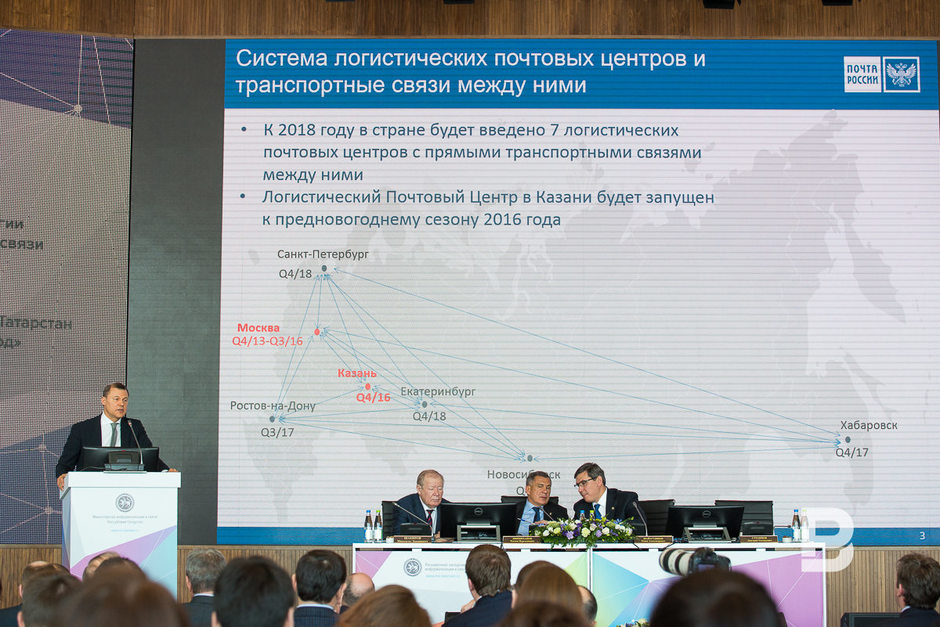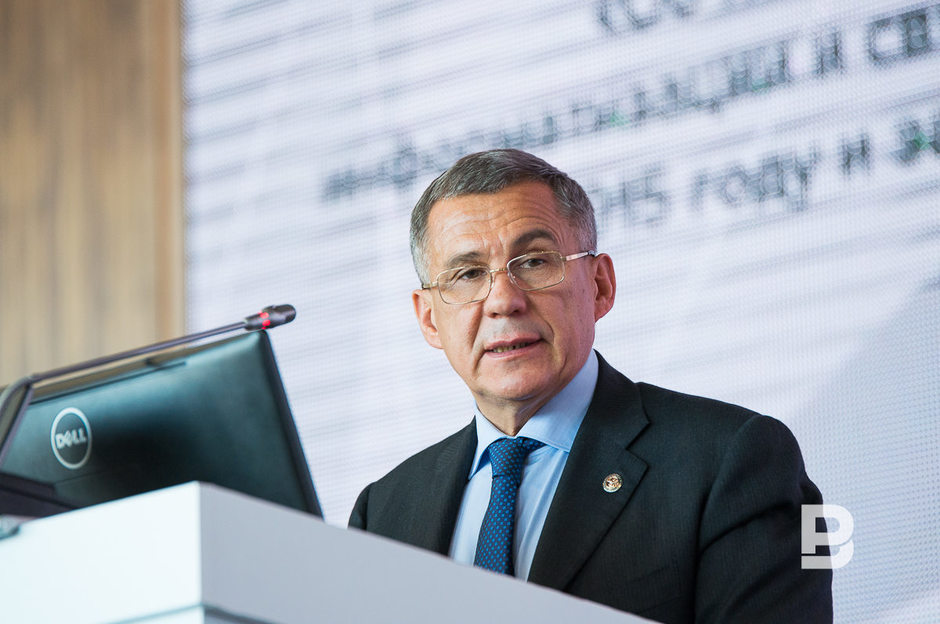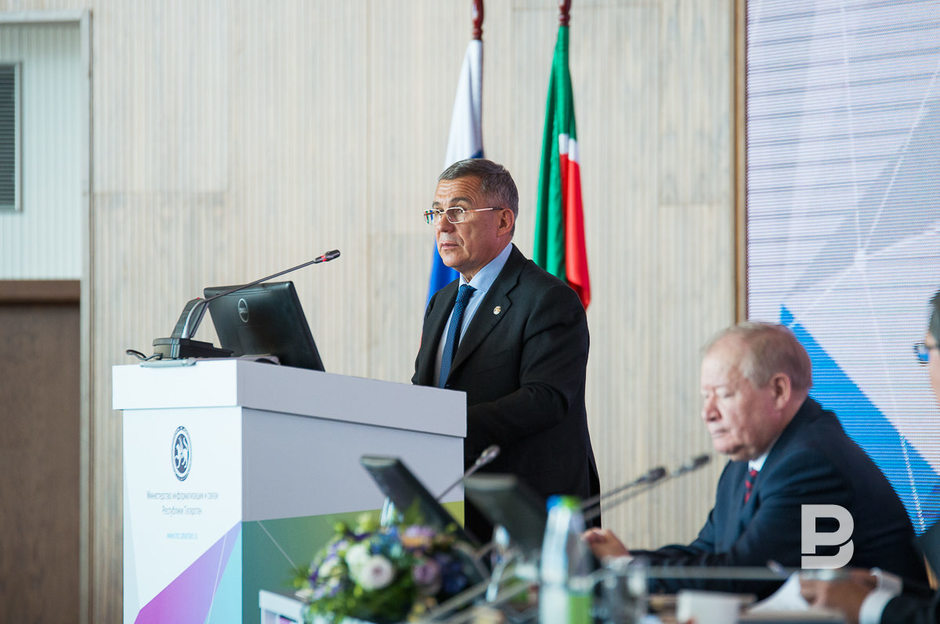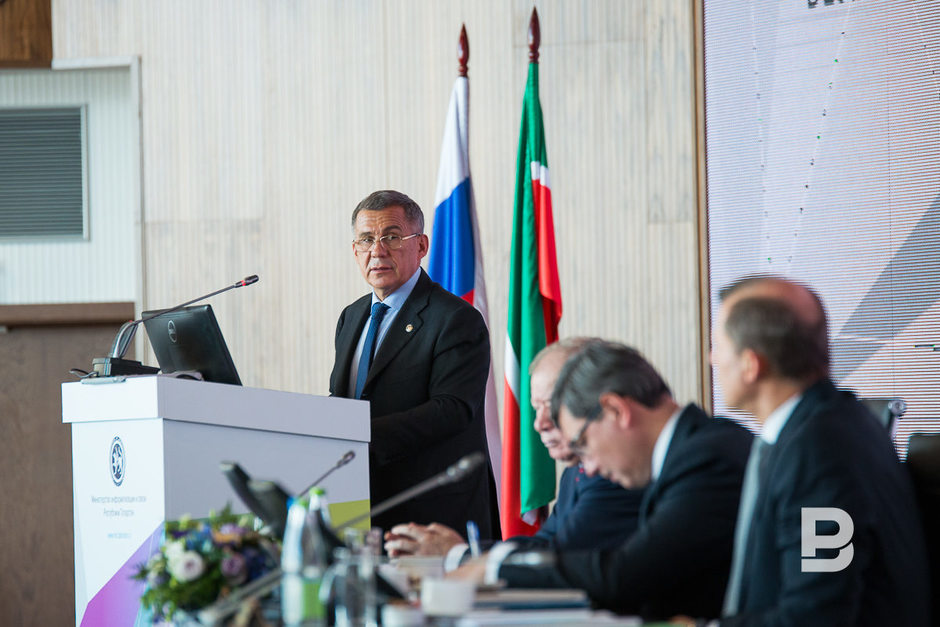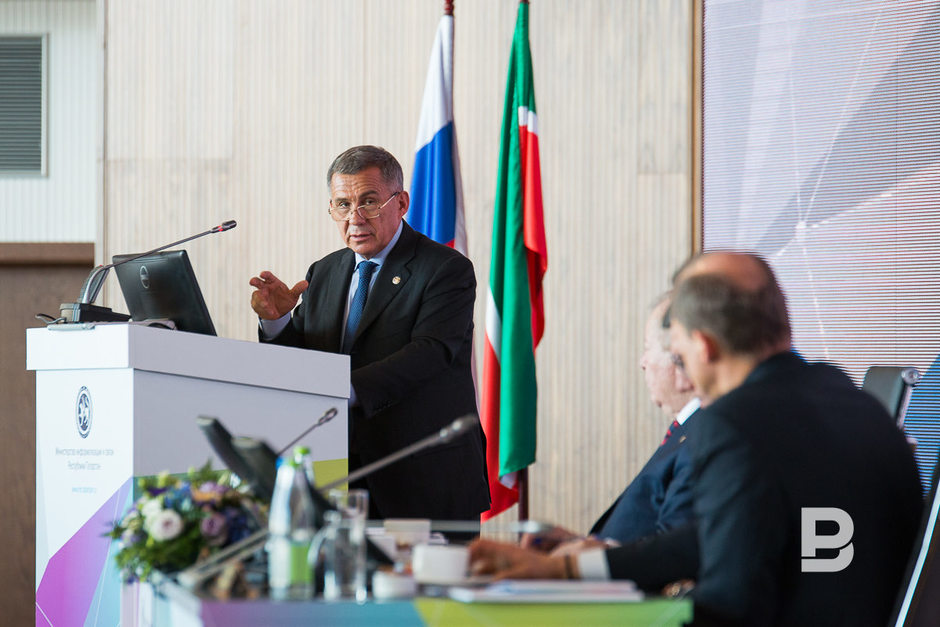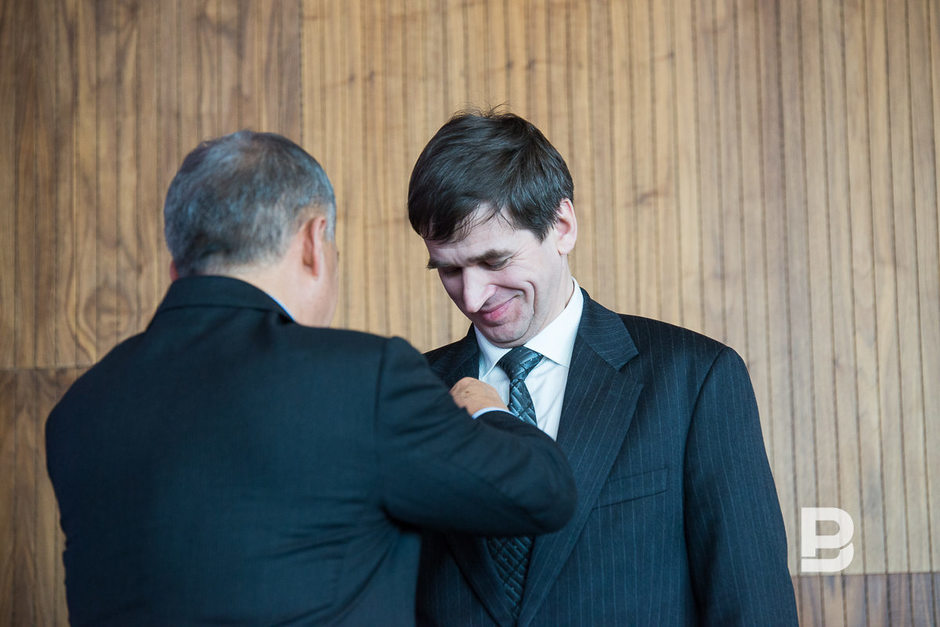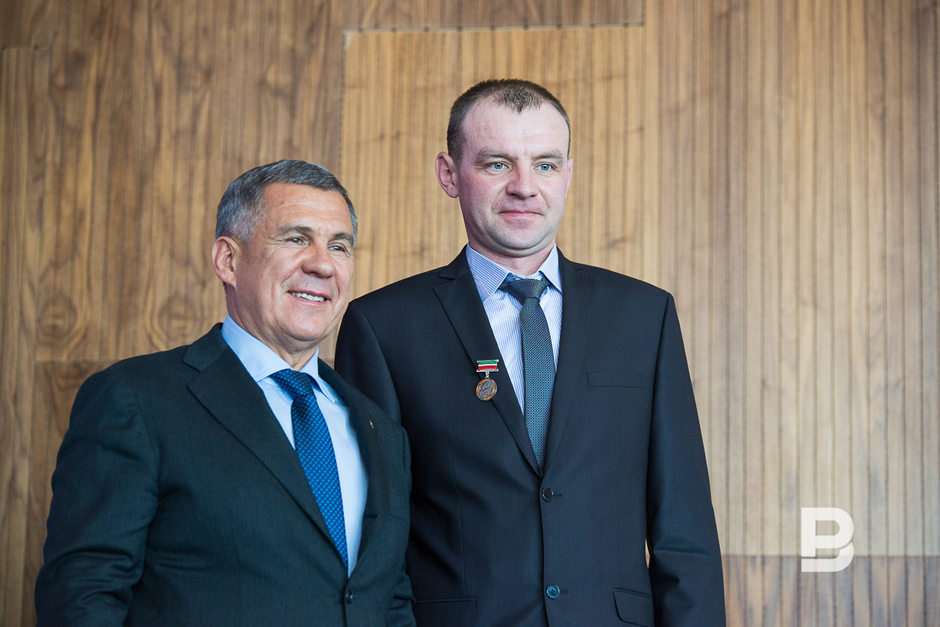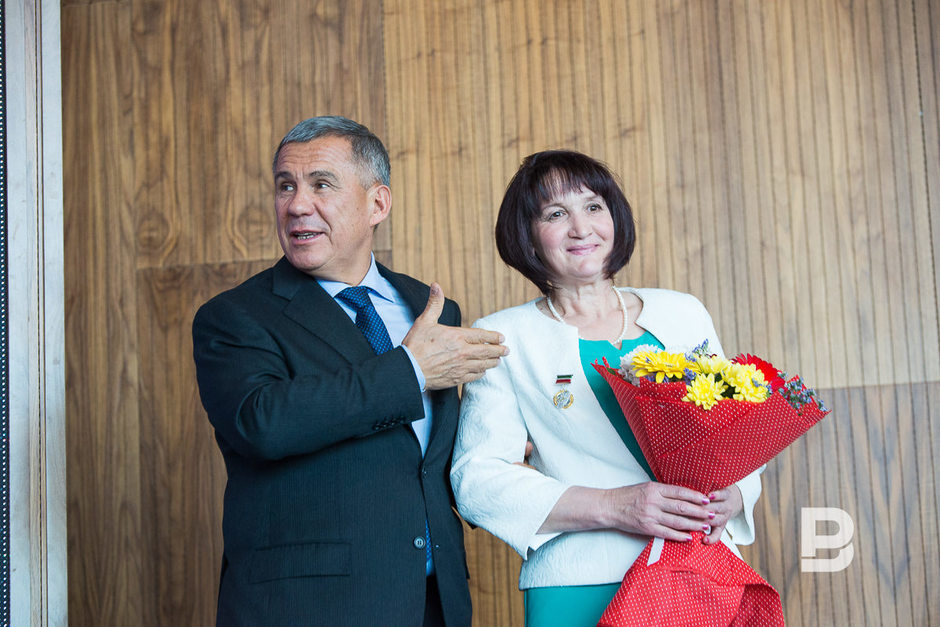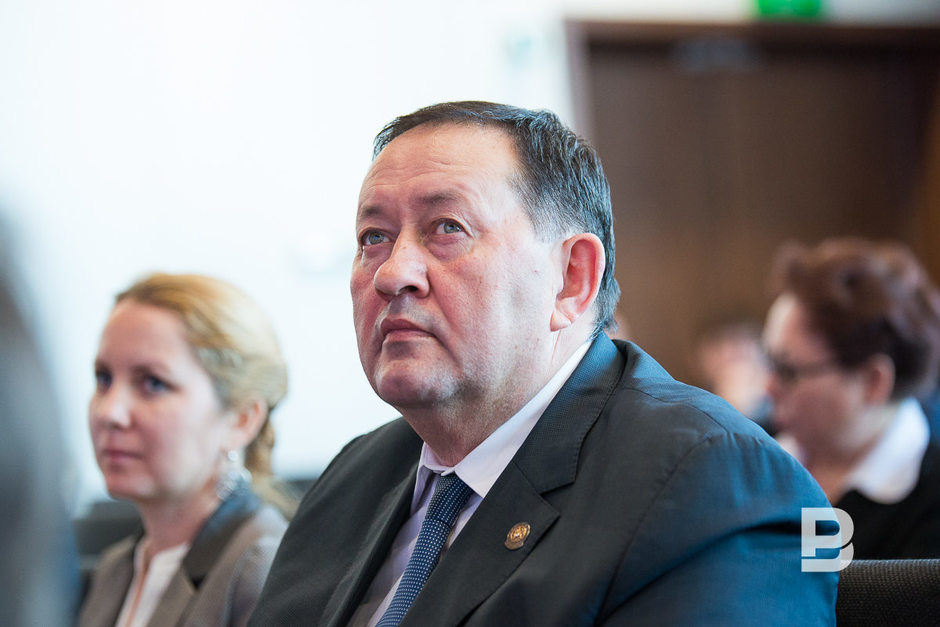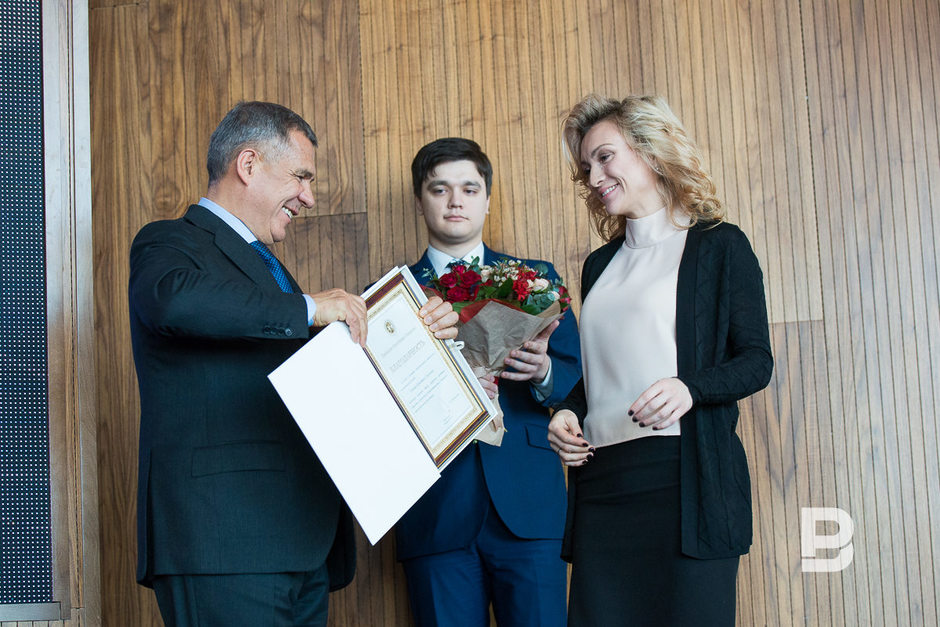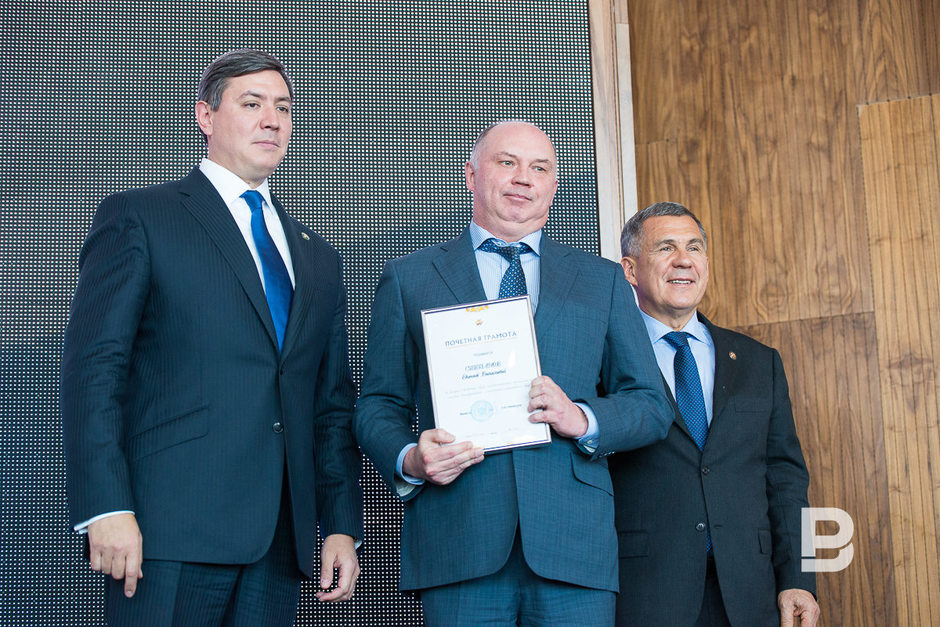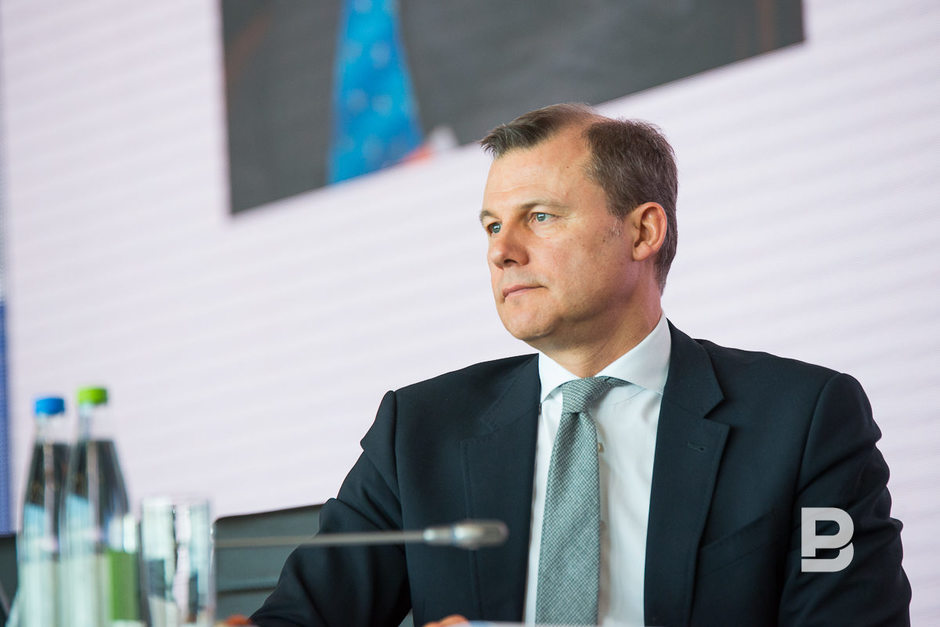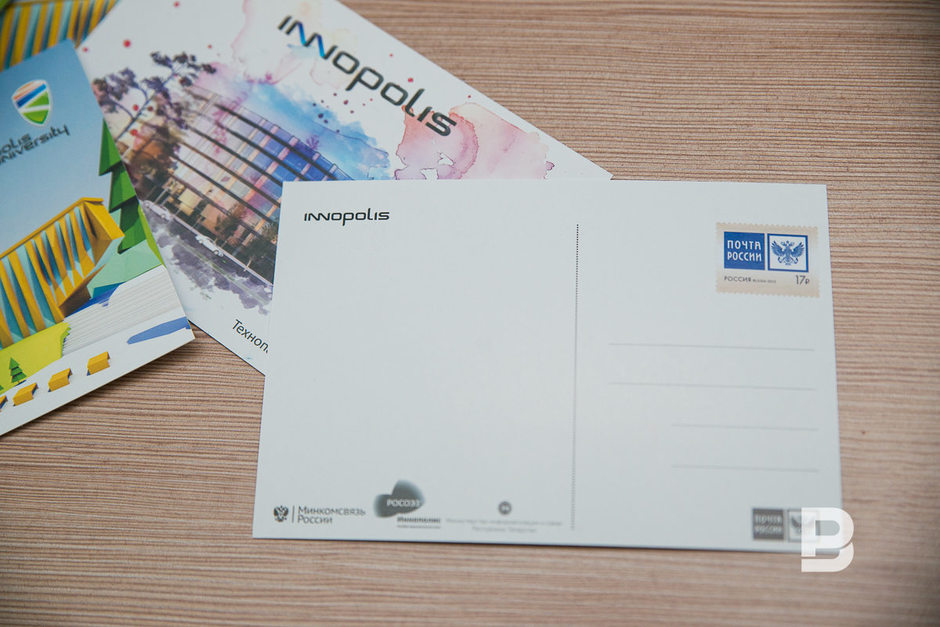‘If by high season of 2016 the operation of Kazan centre of Russian Post is not be started…’
By 2018, the operation of mail train Berlin — Moscow — Beijing to be started
Distribution centre of Russian Post, which is being built near Kazan airport, to be operated before the end of the year, promises the company. It will help to relieve logistic centres in Moscow and St. Petersburg that will not be able to cope with increasing amount of parcels, the growth of which exceeded 200% in January. President of Tatarstan Rustam Minnikhanov urged to continue work and said about the readiness to attach special economic zone Innopolis to the development of logistics in Kazan.
Russian Post hopes to avoid a repeat of the international embargo of 2013
In Russia they fear a repeat of 'post collapse' of 2013 — due to digital inclusion and, as a result, increasing amount of Internet commerce, the number of mailings in Russia is increasing significantly, and the main aim of Russian Post is the distribute it. General Director of FSUE Russian Post Dmitry Strashnov stated about this at a board meeting of the Ministry of Information and Communication of Tatarstan, which was held yesterday at Innopolis. According to him, if in 2014 in Russia there were less than 78 million parcels, then in 2015 — 128 million. In January 2016, the number of shipments in compare with January of 2015 increased by 222%: from 5.2 to 16.7 million units. At the end of last year, Strashnov predicted a growth of online delivery from abroad by 50%.
'I remember in 2013 a maximum of 40 thousand items had been sent per day, and it created a logistical collapse. We all remember when the international organization announced a postal embargo to us and stopped sending to Russia. 900 tonnes of items were literally lying on take-off runways,' reminded Strashnov. Today, according to him, postal turnover reached 1 million parcels per day, and by December of 2016 more than 35 million items per month are expected.
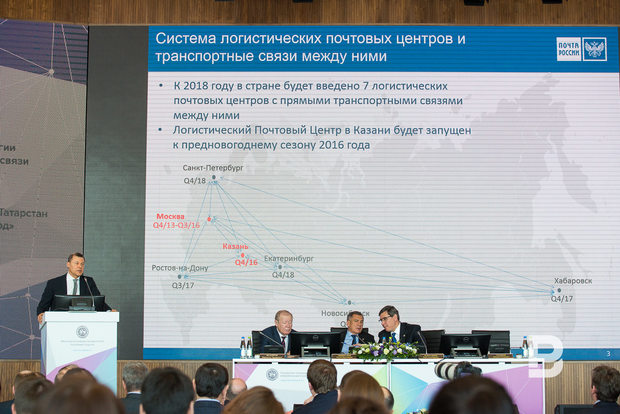
To handle these parcels, new infrastructure and logistics facilities are needed. By 2018, Russian Post is planning to build seven new logistics centres capable to process to 1 million items per day. One of them, according to an intention of the company, was to appear in Kazan by the end of last year. However, now such center was established only in Moscow. Kazan centre will be ready and to be commissioned before the end of this year, promised Strashnov. 'Why in Kazan, I won't tell: first of all, it is due to economy, geography… And we clearly understand: if by high season of 2016 the operation of the centre is not be started, we will face serious problems, because a load of the sorting centers is Moscow and St. Petersburg is very high. Therefore, our aim is not to let down our customers,' said the head of Russian Post.
Minister of Information and Communication Roman Shaikhutdinov announced the construction of the distribution centre in 2013. It is to be the largest postal operator in Volga region with coverage of nearby subjects of the Russian Federation. About the beginning of the construction of the centre media reported on 27 June of last year, but only 4 months later, in November, it was announced that the tender for its construction was won by PLC Scientific-production enterprise Kazanneftekhiminvest owned by Yury Likhachev. The cost of the contract amounted to 1.65 billion rubles, that is 0.5% less than the initial price. It was clear then that the construction will not be completed by the end of the year.
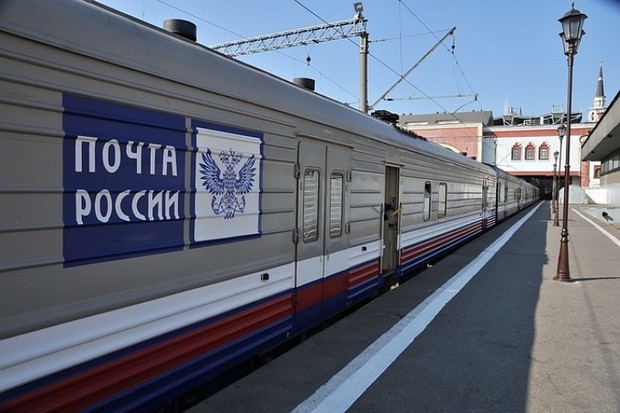
Between Berlin, Moscow and Beijing to be operated the first railway postal route
But now, according to Strashnov, the centre is actively being built. Construction is at a site of 8 hectares next to the Kazan airport. The area of the center will be 36 000 square meters, of which 20 000 will be allocated for storage space. There will be gathered parcels from rail, road and air transport. Out of planned 1 million items, most parcels will be international, expects Strashnov: 'Today, we are moderating the direct shipment by aircrafts of Russian Post from China and Eastern Europe'.
However, Russian Post relies on railway transport as well. Strashnov said that Kazan is 'on the way between Europe and Asia' (there is a railway line from Kazan to Vladivostok), which also will help to load the centre. 'Our plans are going forward: today, together with the Russian Railways we are developing a serious programme on a construction of postal logistics route between China and Europe. Of course, all this will pass through Russia,' told Strashnov. But now, according to him, by the end of the year Russian Post is planning to operate the mail train of 18 cars on the route Moscow — Beijing, and by 2018, to extend the line to Berlin.
'It is necessary to provide a further extension'
President of Tatarstan Rustam Minnikhanov likes this project. 'The logistics center is just the beginning. It is necessary to provide further expansion. I think it is the thing of the future. If we manage to create such hub at our airport, and possibly tie these processes with the special economic zone, then it will be a unique point for Russian Post. Therefore, Irek [Faizullin, the Minister of Construction, Architecture, Housing and Communal Services of the Republic of Tatarstan], you are charged to control it, to make everything in time,' he commissioned. At the same time, about why the project wasn't implemented on time, the President didn't say. He considers the construction of one of seven largest distribution centers in Kazan as 'a good sign'. 'As soon as Russian Post is here, everyone will know about Kazan, you will see. Because if there is one such service, others will pay attention to us,' expects the head of the Republic.
